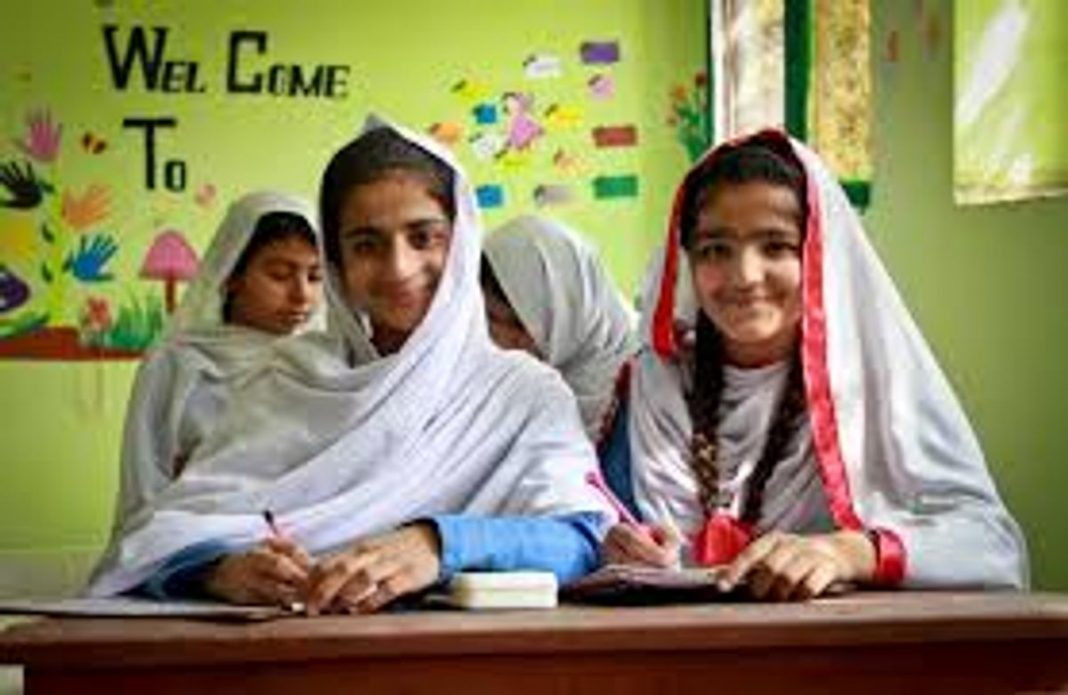Balochistan is contributing 44% of land and 6% of the population in the total territory and people of Pakistan respectively. The province is blessed with numerous natural resources and talented masses. Unfortunately, it is the least developed and crisis-ridden administrative unit due to continuous years of skirmishes, conflicts and neglect. In this context, various conspiracy theories have also accelerated the already ridden state of uncertainty and under-development. However, plentiful steps are taken to uplift and reform the deplorable condition of the province and bring it to par with other provinces. In this scenario, the developmental process encompasses many departments of the province. Among them, reforming the Higher Education of Balochistan carries a prominent place.
Historically, since the partition in 2002, Balochistan had only two public sector universities. Today, the province managed to build and operate independent and versatile universities. The institutions also managed to establish thirteen campuses in various districts of Baluchistan to help students of far-flung areas to equip themselves with the best of their knowledge. Generally, the higher education sector of Balochistan consists of universities and inter/degree colleges.
Universities seek guidance from the HEC of Pakistan and approval from the provincial assembly of Balochistan. On the other hand, colleges work under the umbrella of the Government of Balochistan. Colleges are further distributed into intermediate colleges, cadet colleges, residential colleges, and technical and graduate colleges. According to statistics, there are 5 residential colleges, 7 cadet colleges, 49 graduate colleges and 86 intermediate colleges in Balochistan.
Read more: HBL joins together with SBP to empower Balochistan’s farming community
To improve the infrastructure and management, Higher Education Commission (HEC) has provided more than Rs. 32 billion to the higher education sector of Balochistan to date. Moreover, Balochistan Education Sector Plan 2020-2025 has planned to invest 21.10% of the total education budget in higher education in Balochistan. The amount is worth Rs. 10.13 billion. Apart from it, the students’ enrolment has also increased to 30,200 to date. The rise in the higher education sector does not come in a fortnight. Behind its success, there are tireless efforts of HEC, the local academia and the political leadership.
Jointly, they all raised the voice of Balochistan on every platform
In addition, the rise in the development and non-developmental funds for higher education in Balochistan will soon start obtaining fruits. Thus, making the pupils able to be constructive for the development of the province and country. In this context, the budget 2021-22 of Balochistan has allotted Rs.11.783 billion to the non-development sectors and Rs. 9.107 for the overall development of higher education. Apart from it, HEC has spent Rs.13 billion on the infrastructure and expansion of the universities and their respective sub-campuses. Additionally, Rs. 2.45 billion is spent on human resource development so far.
Apart from financial and administrative assistance, HEC has also contributed to awarding scholarships to the people of Balochistan. The scholarships compose of overseas and indigenous PhDs and graduate and undergraduate programs. In this context, a total of 3,750 scholarships has been allotted. Out of which 1937 have already been utilized by the students and teachers of Balochistan. Moreover, the federal government has started fee reimbursement schemes (PM Fee Reimbursement Scheme (PMFRS) and Ehsaas Scholarship Program) to lessen the financial burden on poor students of the province. And to equip the scholars with the latest technology, the government has also initiated a laptop distribution scheme for both graduate and undergraduate students.
On the other hand, the Government of Balochistan has also introduced fee reimbursement arrangements under the umbrella of the Balochistan Education Endowment Fund (BEEF). Under such programs, more than 30,000 students of Masters, M.Phil. and PhD have benefited from it.
Read more: Why development projects won’t work in Balochistan?
HEC is also on its way to helping the higher education sector of Balochistan in the fields of information technology and innovation. In this context, HEC has commenced a program under the name of Pakistan Education & Research Network. The project intends to facilitate universities in arranging video conferencing, establishing a digital library, free Microsoft access and availability of free WiFi in all public sector universities. The project also intends to extend such facilities to the respective sub-campuses of varsities. In addition, HEC has also funded the construction of two study centers and one center of excellence at the University of Balochistan.
While compiling the infinite services of HEC and GoB in developing the higher Education of Balochistan, there is still a bottleneck in the shape of a weak primary educational base of students to achieve the desired goals in the said sector. Primary and secondary education shows a miserable picture of poor literacy status, lack of facilities and out-of-school children. In addition, the lack of resourceful teachers and checks and balances has weakened the overall output of the education sector.
Such a state of misfortune has resulted in a fragile educational background for students. Ironically, they even fail to get indigenous and foreign scholarships. Therefore, such sectors need the focus of the government on a priority basis. Because an educated and empowered Balochistan will translate into a prosperous and stable Pakistan.
Written by Syed Abdul Hadi














